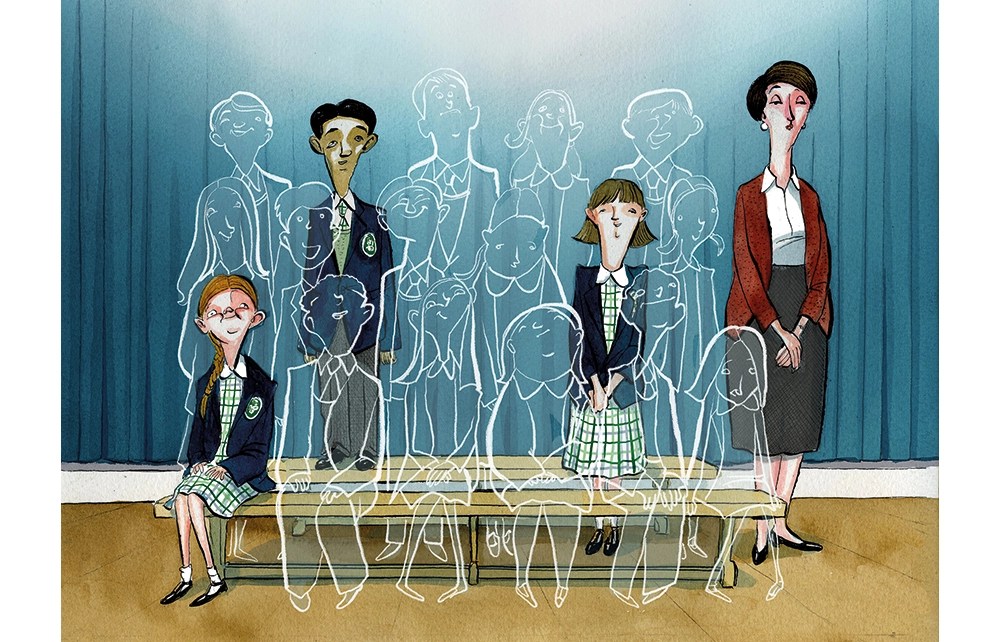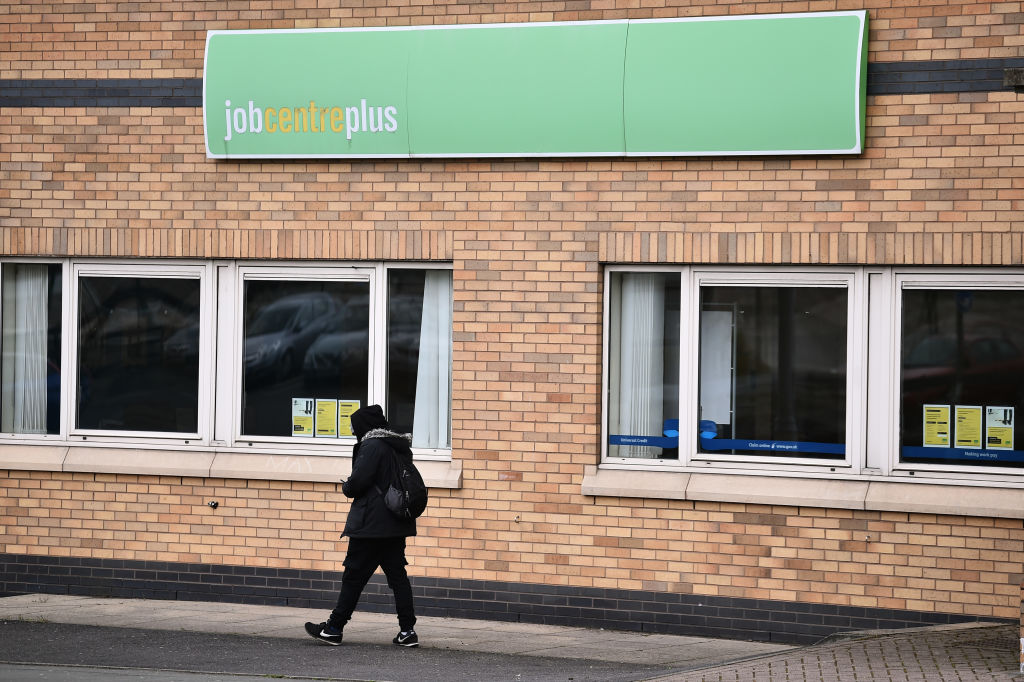‘I have never hated someone so much.’ ‘I hope you commit suicide.’ These are just two of the messages I received back in 2020, when I argued that schools should remain open despite the pandemic.
Now that the interminable national Covid-19 inquiry is finally getting round to considering the experiences of children, school closures are in the spotlight. Education was massively disrupted as schools shut their doors to all but the children of key workers and those considered most vulnerable. Between January 2020 and July 2021, children were kept out of the classroom for extended periods, missing almost half of the time they should have been in school. Even when schools reopened, the practice of putting children into ‘bubbles’ of whole classes or entire year groups, and sending all home when only one tested positive for the virus, meant disruption continued.
As the national inquiry is currently hearing, closing schools had a devastating impact on the lives of many children. For most youngsters, their world shrank overnight physically but expanded digitally. Clair Dobbin KC, counsel to the inquiry, used her opening submission to describe children spending hours each day, for weeks at a time, playing computer games before, in some instances, graduating to online pornography.
In the most tragic cases, children such as six-year-old Arthur Labinjo-Hughes found themselves trapped in violent and abusive homes and brutally beaten or even murdered by those who should have been caring for them.
At school education inevitably suffered. In many schools, despite the best efforts of some teachers, a lack of tech, dodgy WiFi, or poor motivation meant that online lessons never really took off. When schools reopened, teachers discovered that children had lost the habit of arriving at a classroom on time and ready to learn. Since 2021, we have seen lower educational attainment, higher rates of truancy, and lower standards of behaviour. Children from poorer families not only suffered the most during lockdown, but they are also the least likely to have made up lost ground.
All of this was horribly predictable. On 17 March 2020, before the announcement to close schools was made, I argued that confining children to their homes would have grim consequences, and on 21 April, after schools had been closed for one month, I said that we owed it to children to start discussing when schools would reopen.
Few now claim to have been at the forefront of championing school closures
Nothing has ever matched the tsunami of abuse I received for daring to question school closures – and much of it, I am sorry to say, from people who claimed to be teachers. Alongside the hate and the hope that I might want to kill myself, other messages included: ‘I hope you get cancer you c*nt’ and ‘I wanted to hurt you and make you feel pain’.
Teachers, researchers, and psychologists now concur that keeping children out of the classroom for such an extended period was a bad idea. Yet former education secretary Gavin Williamson has given evidence at the inquiry that the decision to call time on schooling was made in just one day, and with no contingency plans in place for education. This is madness.
Few now claim to have been at the forefront of championing school closures. The inquiry, so far, is finding useful scapegoats in former government ministers. But we must not forget that the clamour to shut schools came from vocal parents, teachers and union leaders. The febrile atmosphere they contributed to made closing schools all but inevitable. But it was the hostility to arguments for getting children back into the classroom that helped keep them shut for so long. Let’s hope that one lesson from the Covid inquiry is the continued importance of free and open debate, even during a global pandemic.








Comments